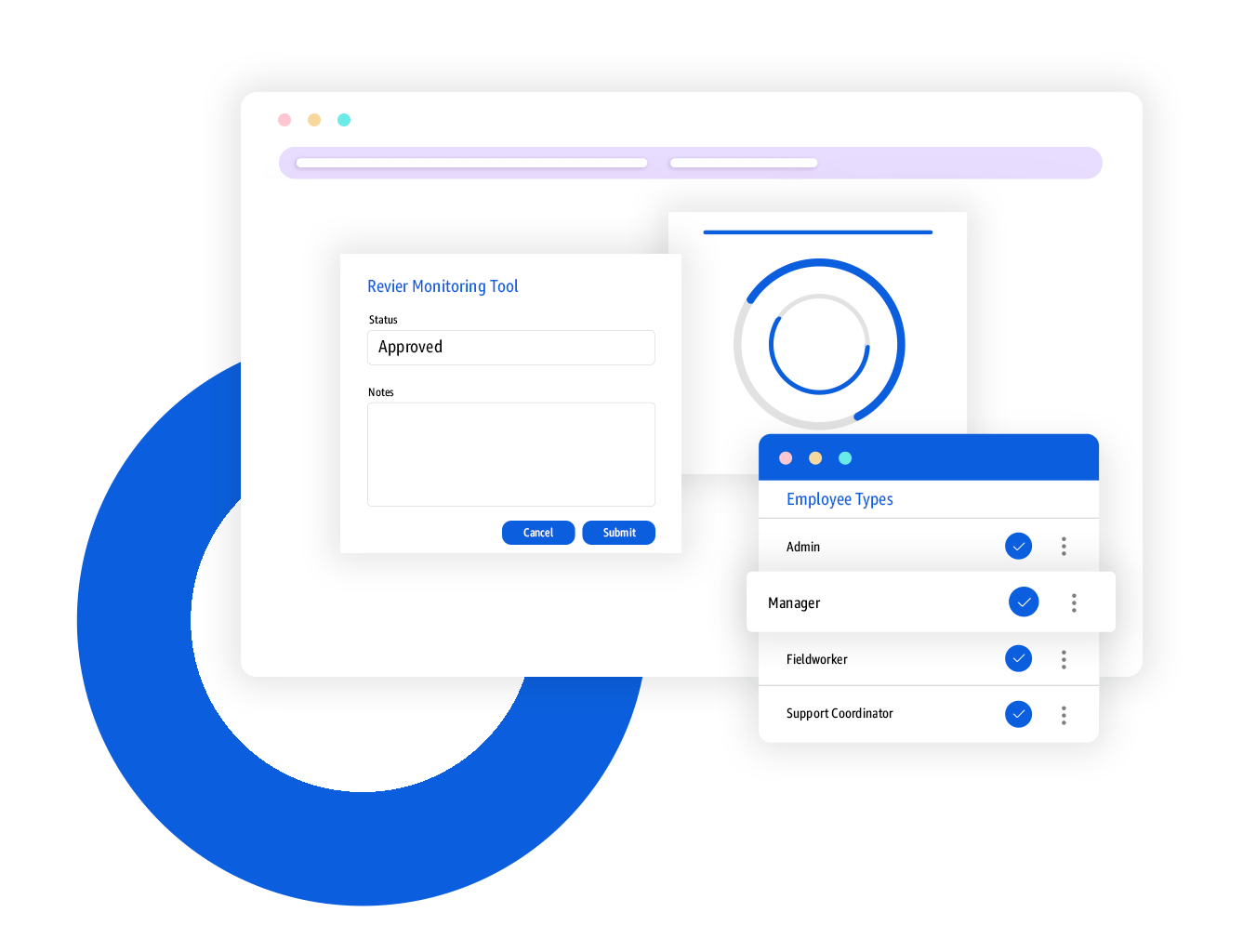The landscape of healthcare in the United States is undergoing a seismic shift, particularly in the realm of costs. With projections indicating a steady rise in national health spending, set to reach a staggering $6.2 trillion by 2028, the challenges are manifold, especially for support coordinators, non-clinical service providers, and home healthcare agency decision-makers.
The Rising Costs: A Multi-faceted Challenge
At the heart of this issue is the burgeoning cost of healthcare services. Factors such as an aging population, advancements in medical technologies, and fluctuating governmental policies contribute to this increase. For support coordinators and agencies, this means grappling with tighter budgets and increased demand for efficient service delivery.
Impact on Support Coordination and Non-Clinical Services
Support coordinators and non-clinical service providers are particularly vulnerable in this scenario. They face the dual challenge of managing increased operational costs while ensuring quality care. This impacts their ability to offer comprehensive support to those in need, potentially leading to reduced service quality and access.
Strategies to Overcome Financial Hurdles
1. Embracing Technology: Integrating advanced technological solutions can streamline operations, reduce administrative burdens, and lead to cost savings. Digital tools can assist in managing patient records, scheduling, and billing more efficiently.
2. Collaborative Partnerships: Building partnerships with other healthcare providers and community organizations can lead to resource sharing, reducing overall operational costs.
3. Optimizing Resource Allocation: By analyzing data and trends, agencies can better allocate resources, focusing on areas with the greatest need and potential impact.
4. Training and Development: Investing in staff training ensures that the workforce is knowledgeable, efficient, and capable of delivering high-quality care, thus reducing the likelihood of costly errors or inefficiencies.
5. Advocacy for Policy Change: Engaging in healthcare policy advocacy can help shape regulations that are supportive of non-clinical service providers and their financial constraints.
FieldWorker: Empowering Healthcare Professionals
In this challenging environment, FieldWorker emerges as a beacon of support for healthcare professionals. With its suite of digital solutions, FieldWorker is empowering support coordinators, agencies, and non-clinical service providers in several ways:
– Streamlined Documentation and Compliance: FieldWorker’s digital tools simplify documentation processes, ensuring compliance with healthcare regulations, and reducing the time and costs associated with manual paperwork.
– Efficient Resource Management: Through its intuitive platform, FieldWorker enables effective resource management, ensuring that staff and financial resources are utilized optimally.
– Enhanced Communication and Coordination: FieldWorker facilitates seamless communication between different stakeholders, improving coordination and efficiency in service delivery.
– Data-Driven Insights for Better Decision Making: By providing access to real-time data and analytics, FieldWorker aids in making informed decisions, ultimately leading to cost-effective operations.
– Customizable Solutions for Diverse Needs: Recognizing the unique challenges of different healthcare providers, FieldWorker offers customizable solutions tailored to meet specific organizational needs.
Conclusion: A Path Forward
The rising costs of healthcare present a complex challenge, but they also offer an opportunity for innovation and adaptation. Support coordinators, non-clinical service providers, and home healthcare agencies can leverage tools like FieldWorker to navigate these challenges effectively. By embracing technology, optimizing resources, and advocating for systemic changes, these vital players in the healthcare ecosystem can continue to provide exceptional care without succumbing to the pressures of escalating costs. FieldWorker stands as a testament to the power of technological empowerment in transforming healthcare challenges into opportunities for growth and improved service delivery.

